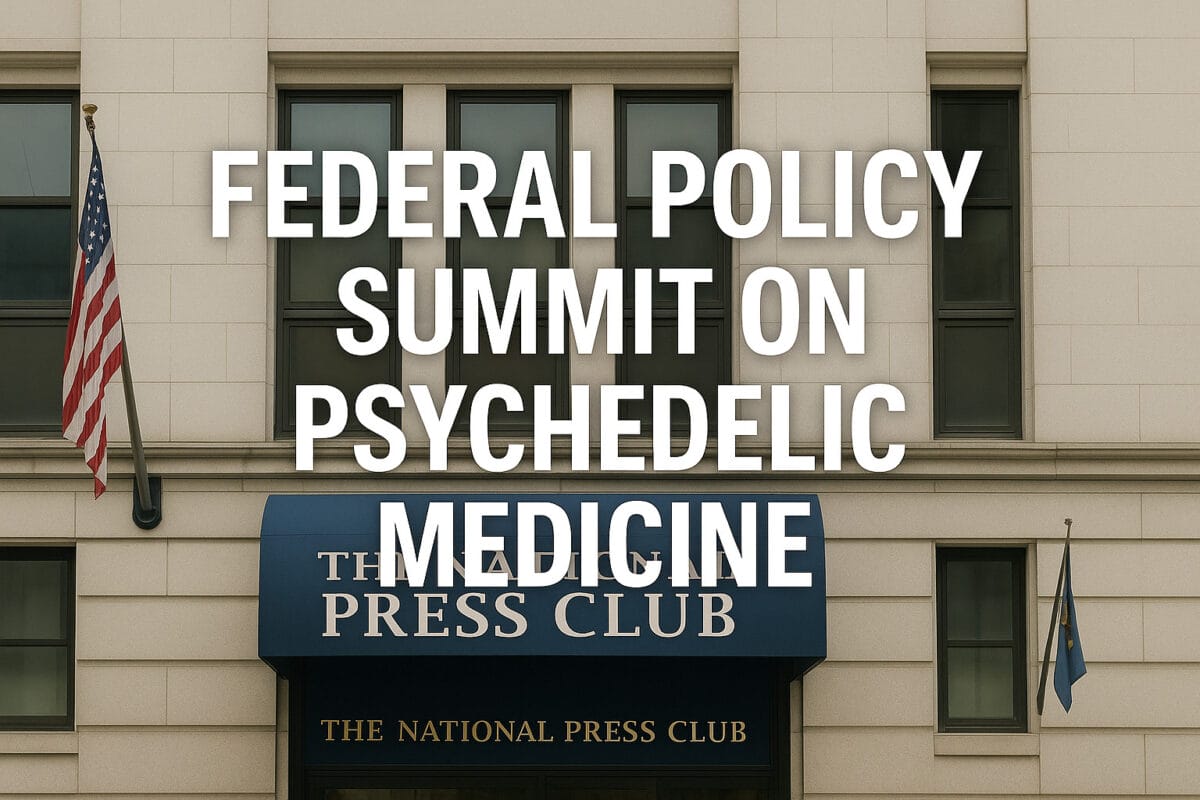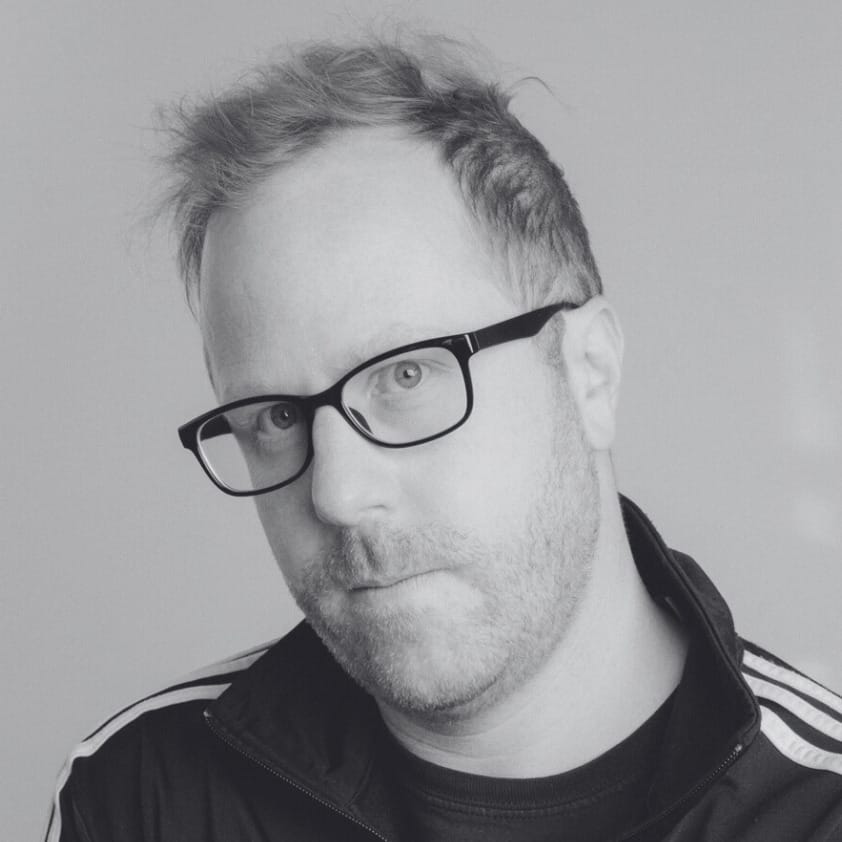By Joe Moore
A Historic Gathering in Washington
On May 8, the Psychedelic Medicine Coalition (PMC) convened a historic event at the National Press Club in Washington, D.C. The first-ever Federal Summit on Psychedelic Medicine brought together over 100 delegates. This included lawmakers, scientists, veterans, healthcare professionals, and international policy leaders. As a result, the day marked a new level of seriousness and coordination in the national conversation around psychedelic-assisted therapies.
Leadership from PMC
Melissa Lavasani, Founder and CEO of (PMC), opened the event. While she first entered the space leading Washington, D.C.’s successful 2020 decriminalization campaign, her focus has since shifted to national policy. Today, she’s a leading voice in federal advocacy for integrating psychedelic therapies into mainstream healthcare. Under her leadership, PMC works across party lines to advance thoughtful legislation and convenes inclusive, solution-driven conversations — like this Federal Summit — to build the infrastructure needed for real, lasting change.
Congressional Support for Psychedelics
The Summit began with remarks from Representatives Lou Correa (D-CA) and General Jack Bergman (R-MI). Both co-chair the Congressional Psychedelics Advancing Therapies (PATH) Caucus. They emphasized the need for new mental health treatments, especially for veterans. Therefore, their bipartisan message signaled growing momentum in Congress. These two members of Congress also discussed their recently introduced VA Bill titled “The Innovative Therapies Centers of Excellence Act of 2025“.
Clinical Voices Call for Preparedness
Dr. Manish Agrawal of Sunstone Therapies spoke about choosing the right patients for psychedelic care. He stressed that while these therapies offer promise, true healing often requires years of follow-up and work.
Dr. Fred Barrett from Johns Hopkins University added that psychedelics seem relatively safe when used carefully. Still, he noted the FDA now focuses heavily on how long treatment results last (durability). This shift signals the agency’s growing interest in lasting mental health outcomes.
Rethinking the Role of Medicine
One key discussion focused on whether the medicine might do much of the therapeutic work. While many emphasize therapy alongside the drug, some speakers suggested the psychedelic alone may have significant value. As a result, this shift in perspective invites more profound questions about how these treatments are structured and studied.
Cultural Humility and Infrastructure Planning
Sarah Norman from Brain Futures called for more cultural humility in the field. She encouraged the community to recognize other valid systems of knowledge beyond Western science. Furthermore, she urged the development of affordable and free training, along with tools like checklists and informed consent for providers well before FDA approval. This preparation would help ensure a faster, safer rollout when the treatments become legal.
Don’t Overlook Pain
While mental health was the Summit’s focus, chronic pain came up several times. As someone working in that area, I believe including pain in this conversation is essential. It affects millions and could benefit from psychedelic treatments. Consequently, expanding the scope now helps build a stronger foundation for future care. Check out the Psychedelics and Pain Association’s free introduction class here.
Global Momentum
The Summit also drew participation from European leaders. Vojtech Nemec of Psychedelics Europe shared that the Czech Republic now officially approves and reimburses ketamine for mental health treatment — a major step forward for access. Nemec, who is also part of the European policy consultancy Nemec+Chvatal, praised the event and emphasized the importance of global collaboration in addressing shared mental health challenges. The Psychedelics & Healing Initiative within the Global Wellness Institute was also well represented, with leaders like Sa’ad Shah of Noetic Fund and Dr. Julia Mirer joining the conversation..
A Turning Point for Policy
As the Federal Summit closed, Melissa Lavasani summed it up: “This is no longer a fringe topic. It’s a serious, data-driven movement gaining traction in Washington.” Thanks to her leadership, PMC creates spaces where science, lived experience, and smart policy come together.
This Summit marked real progress. While challenges remain, the groundwork is forming. With continued collaboration and honest discussion, psychedelic therapies could reshape care for mental health, pain, and more in the U.S.
Disclosure: Joe Moore, author of this article, serves on the board of the Psychedelic Medicine Coalition.



